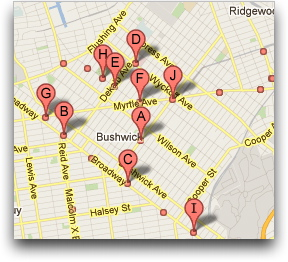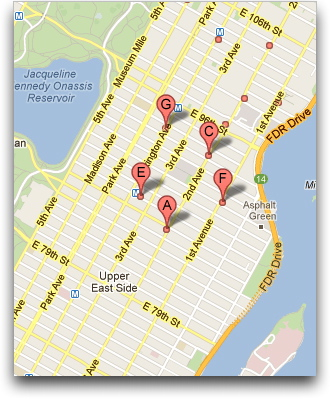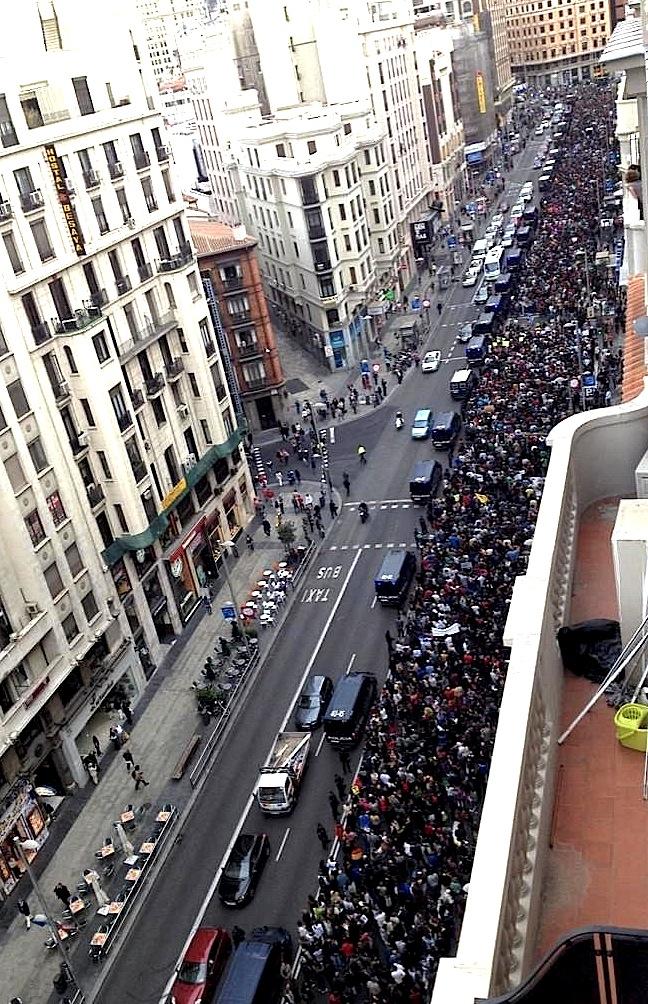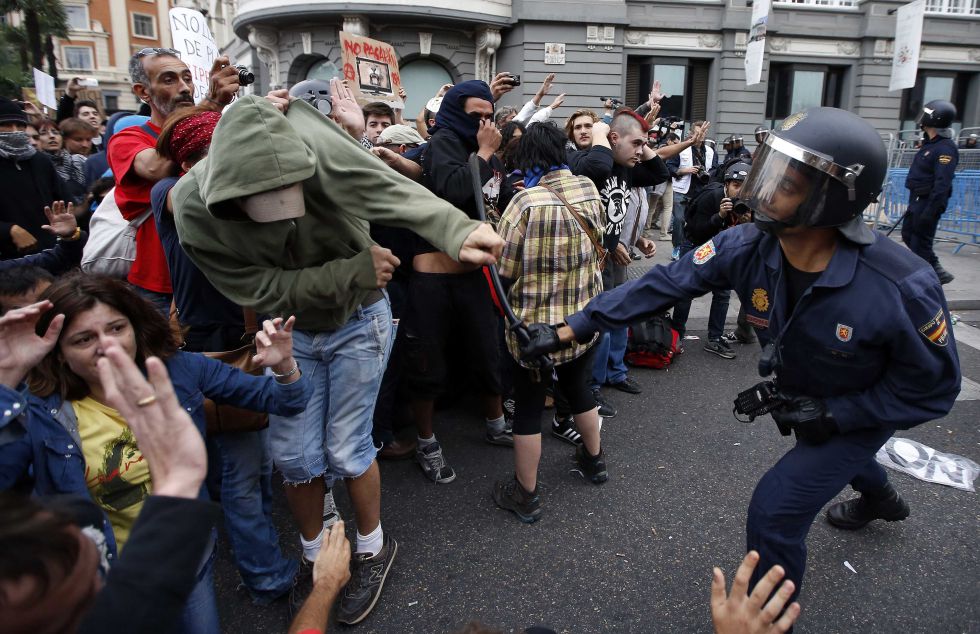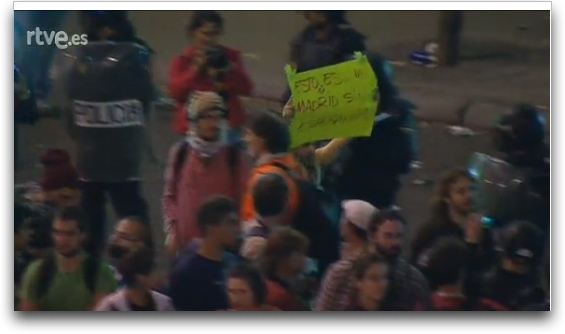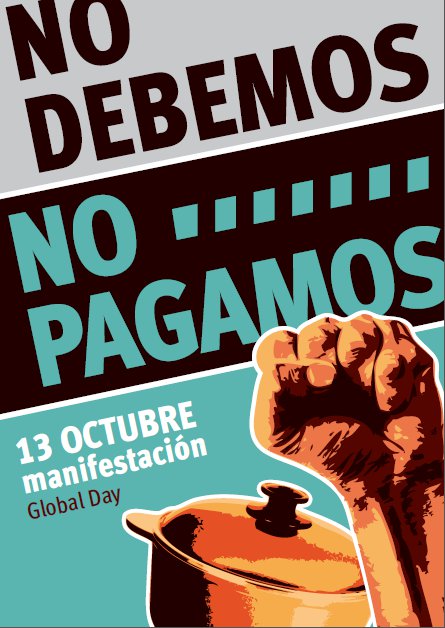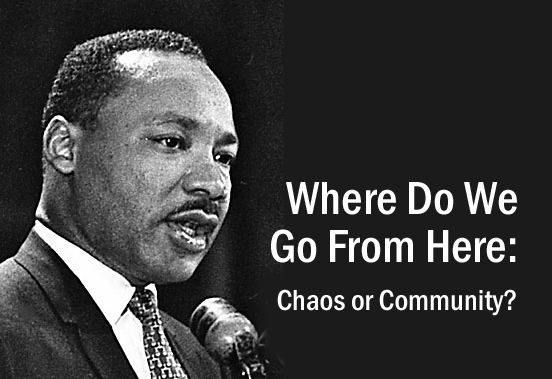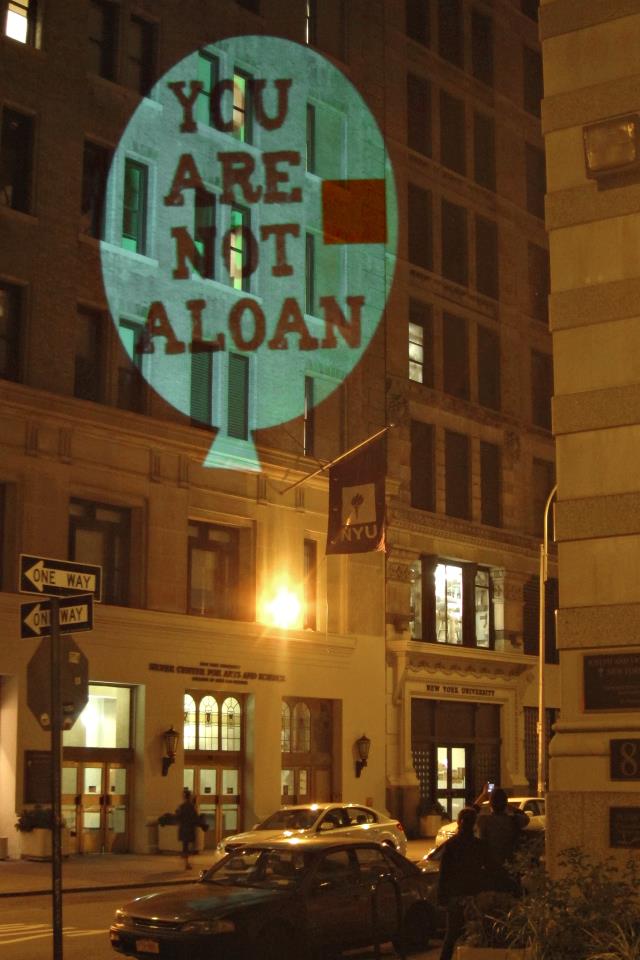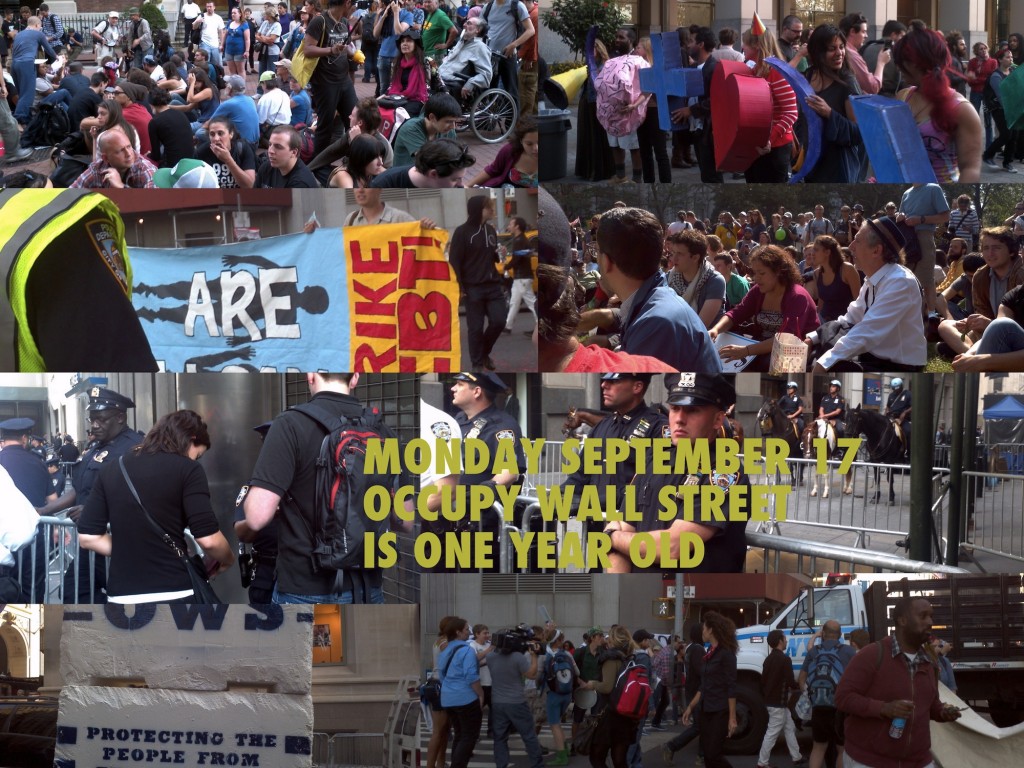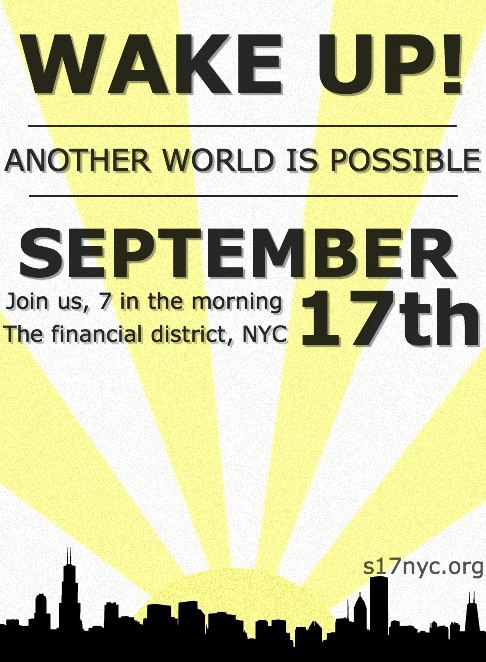When I was first involved with Occupy Wall Street, academics and intellectuals were everywhere. Education and Empowerment was a massive working group, which did achieve a great deal. A year later and the academics, with honored and honorable exceptions, are on the sidelines, sniping, even as conferences and courses with titles using words like “radical,” “rethinking” and “political” abound. While European movements seem ready to change the paradigm, universities here remain comfortably asleep.
This injunction is against my tenured and tenure-track colleagues. One of the most noticeable features of the movement is the prominent place of adjunct and contingent faculty, and especially graduate students–precisely the people who do have something to lose. These are the people behind Occupy University, the Free University, Occupy Student Debt and many other of the best movement moments. Meanwhile there are a growing wave of books and articles by the tenured, weighing in “more in sorrow than in anger” about the various failures that they perceive in Occupy.
Let’s take an example that has been bouncing around Facebook of late, called “Occupy Wall Street, Flash Movements and American Politics,” published in the online section of Dissent by David Plotke, a professor of politics at the New School. I don’t know Prof. Plotke and as far as I’m aware we haven’t met at any Occupy event. The piece isn’t evil or terrible. It’s just operating in such a different conceptual to those of us working in the movement as to render it ineffective as as intervention.
Plotke offers four contrasting interpretations of Occupy, all of which make judgments in relation to electoral politics, especially the current election., enabling his conclusion that it was a “flash movement.” This undefined term is rendered as calling Occupy
the Herman Cain of the left.
It’s a cheap shot and Plotke quickly disavows it, in a “have your cake and eat it” form of writing.
The three paragraphs on his own answer to the question of Occupy’s meaning are followed by much longer excurses on the impact of Occupy on the Democratic Party, and whether it is more or less effective than the Tea Party. Nowhere does Plotke consider that Occupy was founded as a direct democracy movement, precisely because participants have little or no belief in the current system’s capacity to effect change. It’s right there in the Declaration of the Occupation of New York City:
no true democracy is attainable when the process is determined by economic power. We come to you at a time when corporations, which place profit over people, self-interest over justice, and oppression over equality, run our governments.
It is entirely consistent with such an analysis that, in Plotke’s words:
The Tea Party experience shows how political currents can now appear both inside and outside the party system.
For most in Occupy, and indeed many others, the Tea Party is a well-funded corporate vehicle, tapping into white racism for a brief set of “upsets” in 2010. Plotke is nonetheless impressed with the selection of a far-right candidate for the 2012 Senate election in Texas:
There is nothing marginal or purely symbolic about this sort of success.
We might question how much difference one right-winger from Texas over another will really make. We might make parallels with the nomination of Tammy Baldwin for Senate in Wisconsin, where Occupy activists have invested in electoral politics; or we might talk about Elizabeth Warren. But this is to hold the electoral mirror to Occupy as if it was the goal of the movement: and it is not.
In fact, it is remarkable that throughout the long essay, Plotke never once quotes anyone involved with Occupy, or any of the many documents it has produced, although he did apparently interview people for the piece. Imagine writing on the Republican Party without naming or quoting any known Republicans. Plotke prefers the straw man strategy:
Neo-anarchists and other far leftists provided part of the core leadership of Occupy
He gives these unnamed persons fake credit for starting the movement but continues to note ominously:
There were leaders—yet OWS tended to deny they existed. Without any formal means of selection, they were there.
This is a combination of familiar scare tactics. First, it suggests that there were good things at the beginning (the “flash” moment) that became corrupt. This is a version of the interpretation of the French Revolution that claims to like “1789” but deplore everything that came after the storming of the Bastille. Next, it updates the “reds under the bed” meme of the Cold War to suggest that the poor dupes of the rank-and-file were manipulated by extremists:
Affirming the virtues of a leaderless and unprogrammatic movement afforded room for maneuver for actual leaders, without requiring them to articulate and defend their political and ideological positions. In this rapid and surprising sequence, neo-anarchists became Popular Front Leninists of a sort.
Does that sound familiar, Occupy people? Or does it sound more like a familiar Cold War paranoia from the New York “public intellectual” class?
This America-centric reading is consistent with the lack of mention of any of the other global justice movements from the Arab Spring to the Indignados and Quebec strikers that both inspired and sustained Occupy. On and on, Plotke goes misrepresenting the movement. He snips:
We’re not likely to see large efforts by an Occupy Dallas or Occupy South Carolina.
Really? But Occupy Atlanta was very strong before its eviction, and Occupy Tampa continues to be so. Just today word came in of activists in Utah creating a Strike Debt project and reprinting the Debt Resistors’ Operations Manual. Plotke will say, well, that’s not a “large effort.” It is for the people involved. What has mattered in this first year to most of us is the chance to try to be the change we’d like to see. We’re carrying on, making links with colleagues in Europe and Latin America. It’s a shame so few have been willing to get out of the ivory tower to join in.

